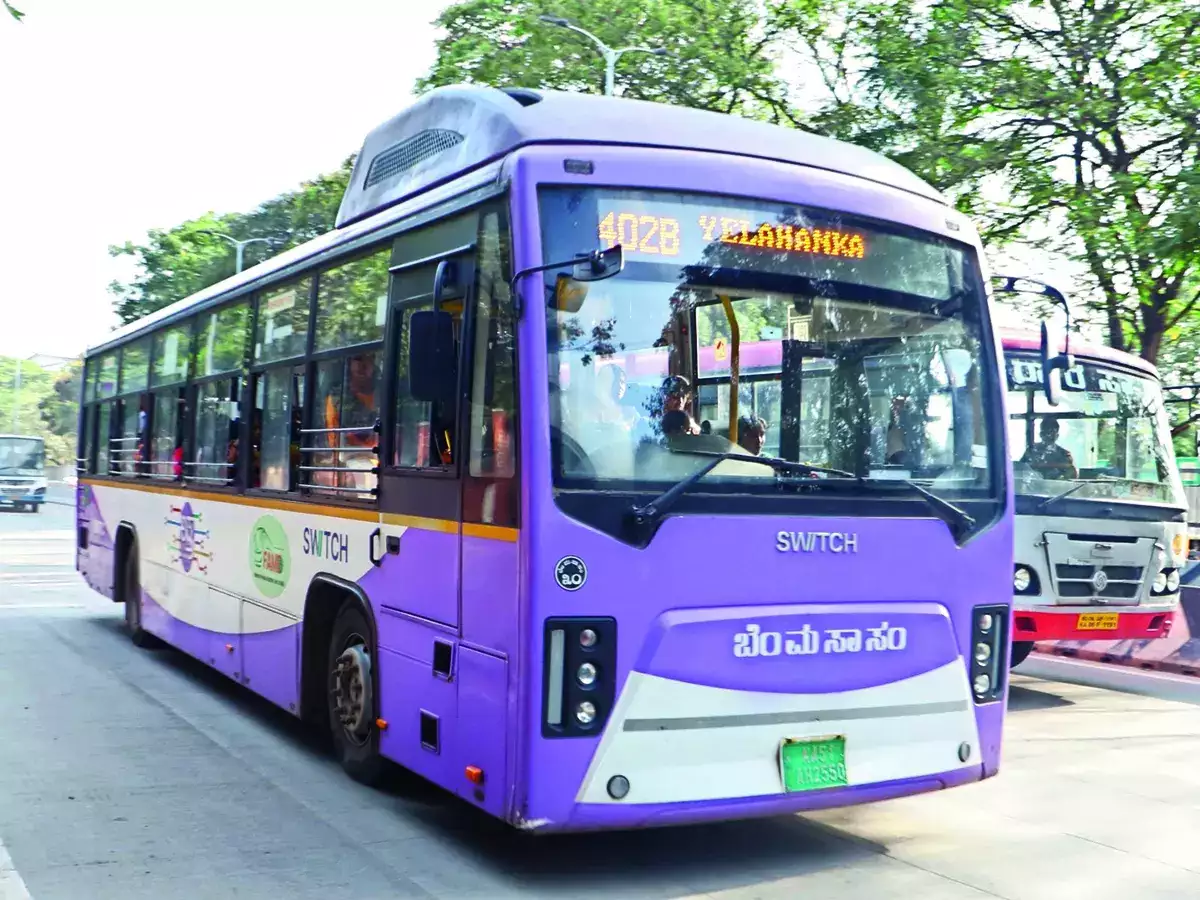Bengaluru’s ambition to enhance its intracity bus network through the adoption of electric vehicles encounters obstacles as the Bengaluru Metropolitan Transport Corporation (BMTC) struggles to secure manufacturers’ interest in leasing electric buses for its metro feeder routes.

Despite multiple tender calls by the transport operator to lease 120 buses for metro feeder routes, manufacturers remain reticent, casting doubts on the viability of the initiative. The BMTC’s endeavours include floating tenders for leasing 320 AC e-buses and procuring 10 double-decker AC e-buses, reflecting its commitment to embracing eco-friendly transport solutions. The BMTC’s efforts to bolster its metro feeder network by leasing 120 non-air-conditioned electric buses have faced setbacks, with lacklustre responses prompting the corporation to issue a third tender on March 15. The BMTC intends to leverage funds from the National Clean Air Programme (NCAP) and the State Urban Transport Fund (SUTF) to finance the procurement of these buses, indicative of its commitment to sustainability and environmental stewardship. The scheme, launched by the Centre in August 2023, aimed to deploy 10,000 electric buses across various state transport undertakings, with Bengaluru earmarked as one of the beneficiaries. Noteworthy electric bus manufacturers such as Switch Mobility, JBM Group, and Olectra have secured substantial orders under the scheme, underlining the potential of electric mobility in addressing urban transport challenges.
The winning bidder of the tender will be tasked with providing buses for a minimum distance of 180 km per day for 350 days annually, amounting to 63,000 km per year over the 12-year contract period. Additionally, the selected bidder will bear the responsibility of providing drivers, aligning with the Gross Cost Contract (GCC) framework envisaged by the BMTC. While the BMTC operates 158 buses across 46 feeder routes, catering to 43 metro stations, the demand for metro feeder services remains robust, with daily ridership ranging between 90,000 and one lakh passengers. With plans to augment its fleet with 300 metro feeder buses in the near term, the corporation aims to enhance connectivity, particularly on narrow roads, thereby fostering greater accessibility and convenience for commuters.



